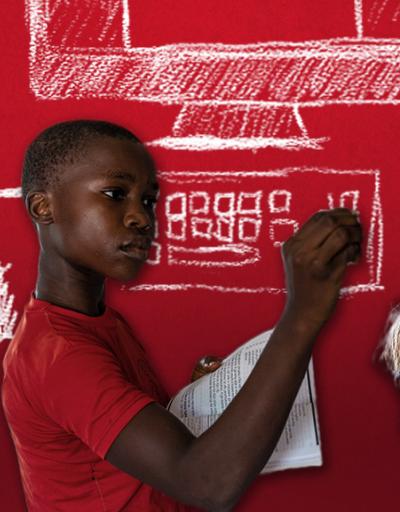
Evidence and Policy
Data and evidence inform policy makers about which policies and programmes work and which may not. More learners and educators could enjoy inclusive quality education if their learning environments, content and methods were informed by data and evidence. This is the rationale for the SDG4-Education 2030 High-Level Steering Committee (HLSC) to promote evidence-based policy formulation and implementation through its Policy and Evidence Technical Committee.

Education research produces a wealth of data and evidence, but the uptake and use of evidence in education policy, planning and implementation is limited in many countries. This is due to two broken feedback loops: a) between researchers and policy makers and b) between global and local levels.
Data and evidence inform policy makers about which policies and programmes work and which may not. More learners and educators could enjoy inclusive quality education if their learning environments, content and methods were informed by data and evidence. This is the rationale for the SDG4-Education 2030 High-Level Steering Committee (HLSC) to promote evidence-based policy formulation and implementation through its Policy and Evidence Technical Committee.

To address this issue, the HLSC’s Evidence and Policy Technical Committee promotes cooperation and harmonized actions aimed at strengthening the institutional capacities of education authorities to use data and evidence for policy, planning and implementation with three objectives:
- Strengthen country capacity: Support governments in increasing accessibility of locally relevant research and evidence syntheses and in using data and evidence for policymaking, planning, and implementation
- Promote regional cooperation: Build knowledge and policy bridges between global and country levels through support for regional SDG4 coordination mechanisms, cooperation, peer learning and knowledge sharing
- Produce global public goods and advocate for evidence-based policy: Produce knowledge products and tools to support and advocate for country-level uptake and use of evidence for education policy making, planning and implementation
To address this issue, the Technical Committee on evidence and policy focuses on conducting capacity assessments and development within countries, building knowledge and policy bridges between global and country levels through support for regional SDG4 coordination mechanisms, cooperation, and peer learning, and producing and disseminating knowledge products. This ensures that policies and programmes are based on data and evidence, aiming to improve the inclusivity, quality, and effectiveness of education, in line with the SDG4 targets. It promotes a results-oriented approach to educational programs globally.
The work on evidence and policy is guided by a Technical Committee, composed of members of the HLSC represented at the technical level, with support from the HLSC Inter-Agency Secretariat. The Technical Committee focuses on a wide range of evidence-based policy formulation and implementation, including:







